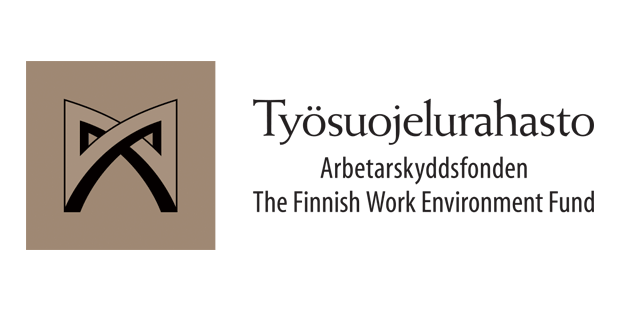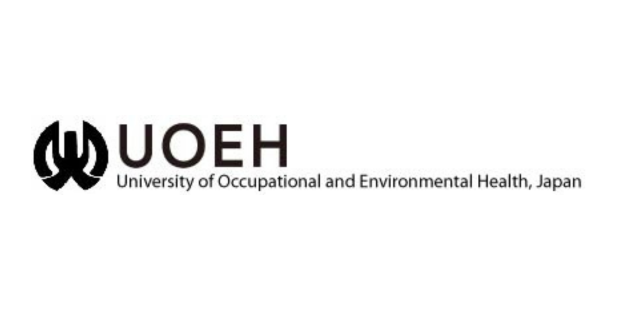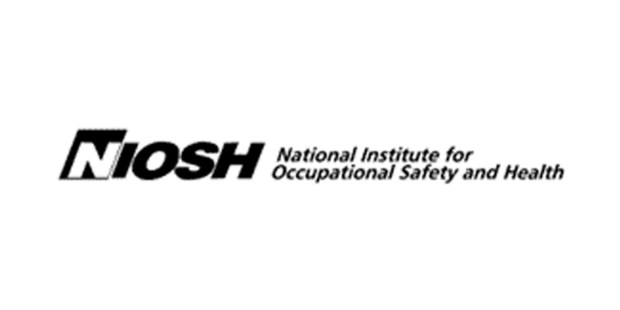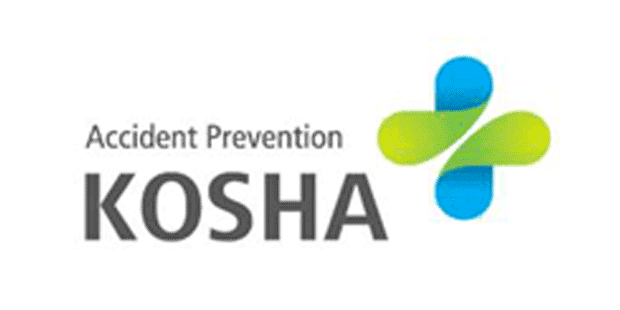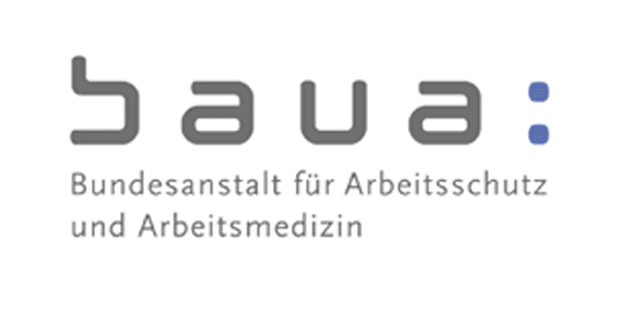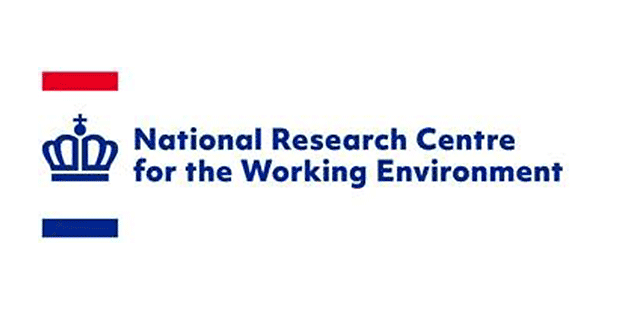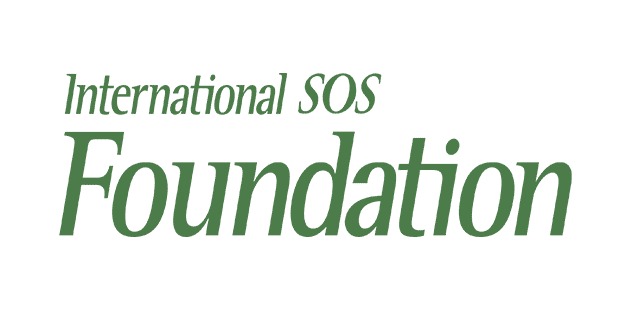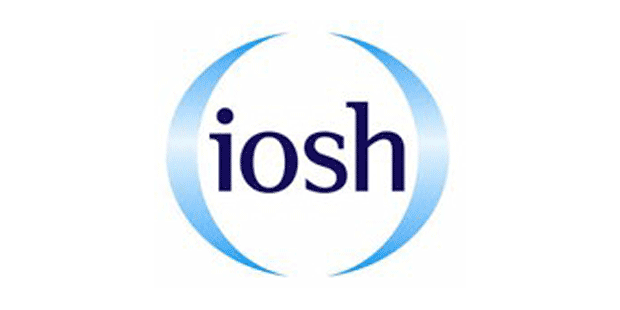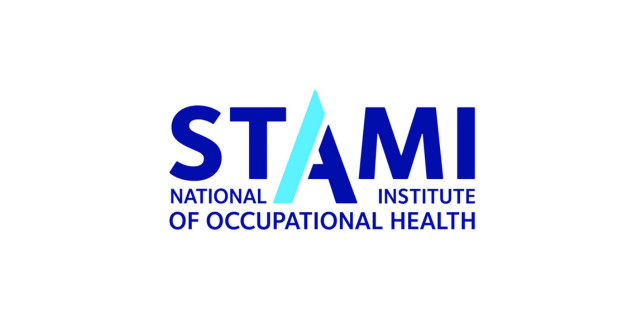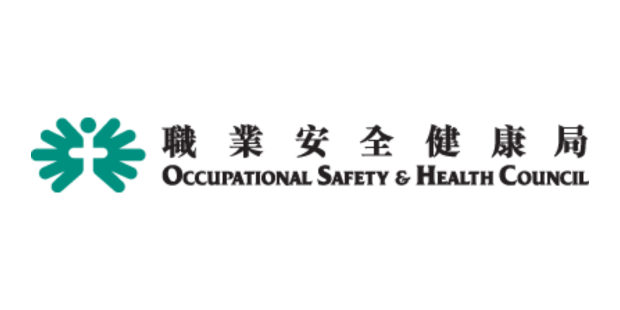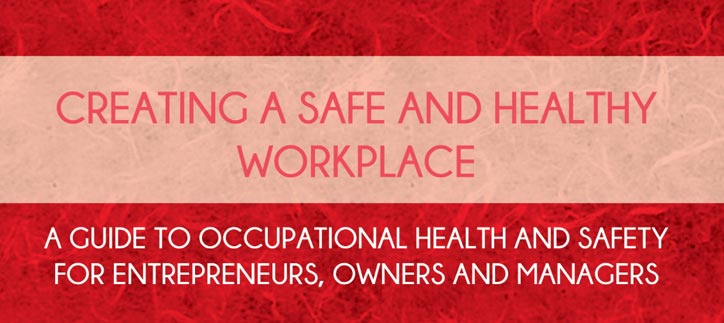ICOH Network on Tobacco free workplaces
GENEVA 28 January 2002
The following is a proposed position of ICOH to support the global effort to achieve tobacco-free workplaces
· Definition of Passive Smoking
The term "passive smoking ", also referred to interchangeably as "second-hand smoking", "environmental tobacco smoke exposure" and "involuntary smoking", describes involuntary inhalation of a mixture of the smoke given off directly by the burning of tobacco and the smoke exhaled by smokers.
· Health Hazard of Passive Tobacco Smoking
Tobacco smoke contains at least 4000 chemicals, including regulated hazardous air pollutants, many compounds that are pharmacologically active, toxic, mutagenic or carcinogenic.
The evidence based health hazards are:
- lung cancer
- coronary heart disease
- Sudden Infant death Syndrome (SIDS)
- reduced birth weight
- otitis media
- exacerbation of asthma
- eyes and upper airway irritation
- bad odors
Tobacco smoke is known to be a serious health hazard and represents a major occupational health issue The most frequent exposure to a carcinogen at workplaces in Europe is tobacco smoke.
· Tobacco Smoke in the Air at the Workplace
Tobacco smoke originates from smokers and is not the result of a production process. Tobacco smoke must not be an element of the ambiant air at the workplace. If it is, then it should be considered as a work-related hazard.
Employees at their workplaces must not breathe air that is contaminated by tobacco smoke.
If the ambient air at the workplace is contaminated by tobacco smoke, workers have to be informed of the presence and consequences of this health hazard. This provision does not free the employer from the responsibility to provide a tobacco-free environment.
According to regulations, employers have to protect health at the workplace, thus they have to protect workers from tobacco smoke.
Occupational health professionals should be active in tobacco control at the workplace.
The achievement of tobacco-free workplaces would require implementation and evaluation of policies and regulations, that reflect the above points at local, national and international level.
Geneva , 28 February 2002
Dr. Ruddy Facci
ICOH Vice President
Chairman of ICOH Network on Tobacco Free Workplaces



